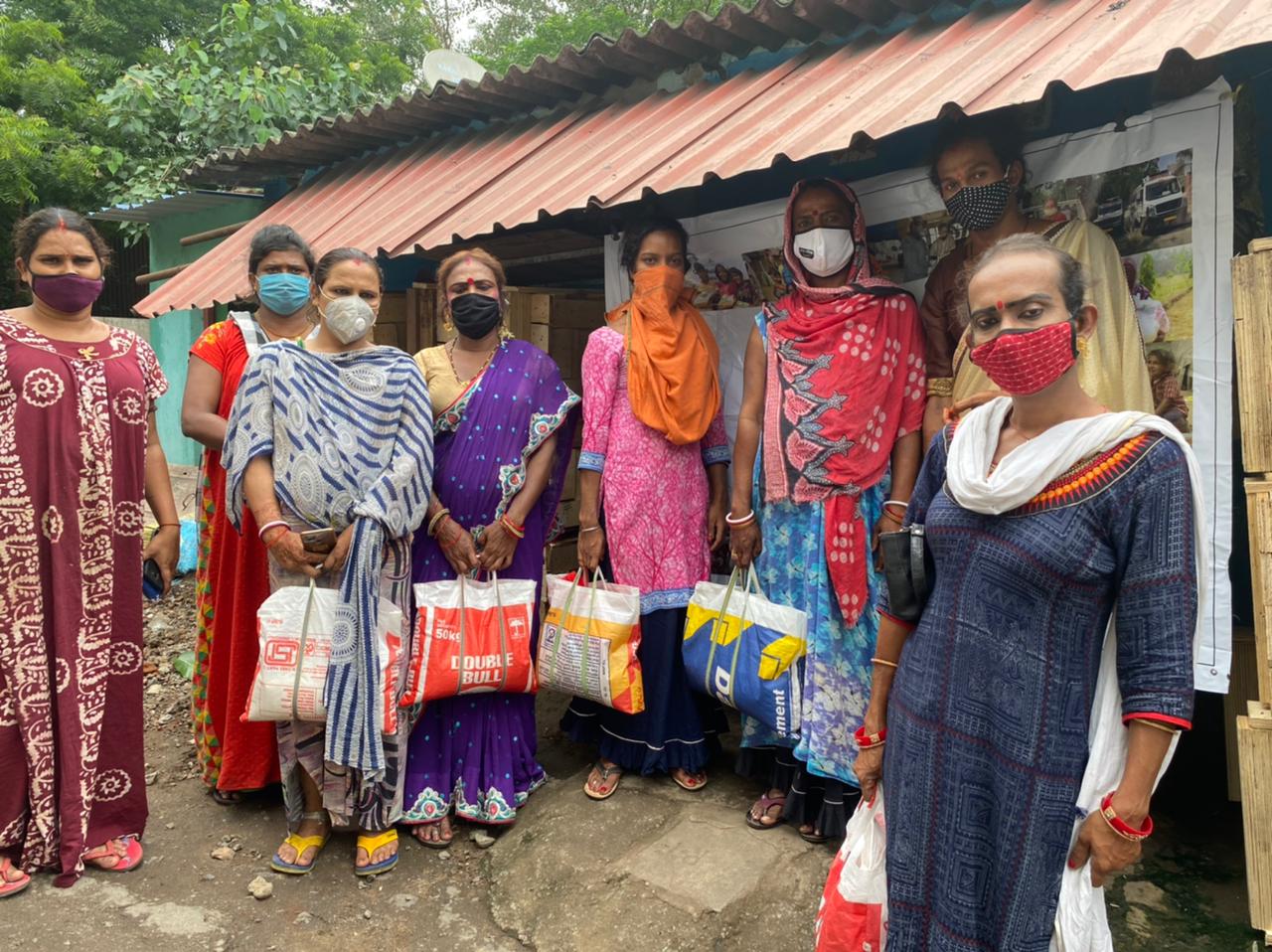“Sexuality is who you want to be with. Gender identity is who you want to be in the world.”
– Hari Nef
What is the difference between gender and sexuality?
Gender is a term that refers to social or cultural distinctions associated with being male, female, or intersex. There is more to gender than just males and females. Some people identify with aspects of male and female while others might not really feel like either. This is called being gender diverse or non-binary.
Sexuality, on the other hand, makes up our identity and is used to describe the sexual feelings we experience towards other people. Common labels like lesbian, gay, bisexual, asexual, and pansexual all describe a person’s sexuality.
Therefore, there is a clear difference between gender and sexuality.
Brief overview of terms – Gender
Some of us have a Gender that is different from our sex. We may be male physically, but identify or feel more comfortable thinking of ourselves as female. We may be female physically, but identify or feel more comfortable thinking of ourselves as male.
We may identify as neither male nor female, the term used for it is Gender non-binary.
Transgender is the term used for people whose gender identity is different from the gender they were thought to be at birth.
Cisgender is an adjective to refer to anyone whose gender identity matches their sex assigned at birth. So, you can be cisgender and gay, cisgender and bisexual, or cisgender and asexual to name a few. Similarly, you can be transgender and straight/heterosexual. Some trans people find themselves exclusively attracted to people of the opposite gender.
Brief overview of terms – Sexuality
Sexuality is a spectrum, there are different types of it. People label themselves accordingly or some don’t prefer labels at all. The LGBTQIA+ acronym as we all know stands for Lesbian, Gay, Bisexual, Trans, queer/ questioning, Intersex, and asexual/ally. Here are some other, relatively unheard of sexualities:
- Pansexual- someone who is attracted either emotionally, physically, or both to all genders.
- Demisexual- people only feel sexually attracted to someone when they have an emotional bond with the person.
- Sapiosexual- someone who finds intelligence sexually attractive
- Aromantic- A romantic orientation that describes people who experience little or no romantic attraction, regardless of sex or gender.
- Panromantic- Individuals who can experience romantic, or emotional (but not sexual) attraction to any person, regardless of that person’s gender, sex, or sexuality.
- Cupiosexual- describes asexual people who don’t experience sexual attraction but still have the desire to engage in sexual behaviour
Pronouns and their Importance
Pronouns specifically refer to a person’s gender. For queer, gender non-conforming, non-binary, and transgender people, these pronouns may not fit, create discomfort, and cause stress and anxiety. Pronouns are part of a person’s identity, just like a name is. So it’s important that we take the time to learn a person’s pronouns than make assumptions about how to refer to them.
He/him pronouns can refer to people who identify as boys/men but are not limited to males. While “he” can be an affirming pronoun for some people, we can’t assume that those who appear to be masculine or affirm a male identity use he/him/his pronouns. The same applies to she/her pronouns.
“They” tends to be thought of as gender-neutral but a person who goes by “they” could actually be a man, a woman, both, neither, or something else entirely. Those who go by “they” pronouns are referred to using “they” and associated pronouns (only in the third person). For eg: “They are a writer and wrote that book themself. Those ideas are theirs. I like both them and their ideas.”
About the Author
Kavya Chugh is a second-year college student pursuing Psychology Hons. at Kamala Nehru College, DU. She is passionate about writing among other things such as dancing and singing and is currently also working on her own novel. An equally ardent change-maker, she has been volunteering with Wishes and Blessings since June 2021 and wishes to contribute to society through both her actions and words.



